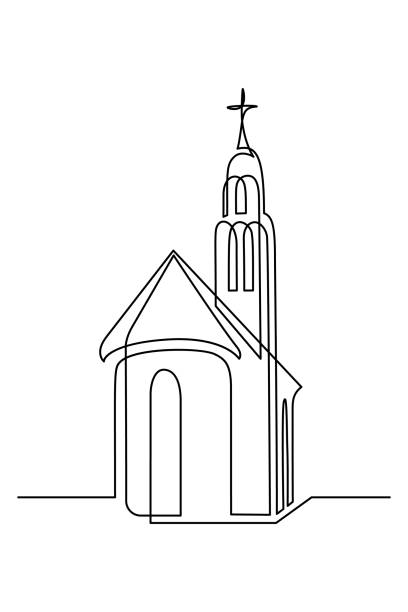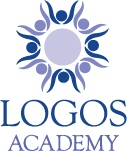
Logos Academy’s mission is to develop the amazing God-given potential in every child. We educate the whole child, addressing children’s emotional and intellectual needs, in an atmosphere of discovery, wonder, play, and exploration.
“Emotional development comes before intellectual development. If you can meet a child’s needs socially and emotionally, then they are open to learn academically. That’s the purpose of preschool.”
– Babette Arnold, Founder of Logos
Logos is preparing children for a lifetime of learning by encouraging them to enjoy school and education. Logos students learn through an engaging dual-language immersion program, interwoven with art and science enrichment. (Learn more about our enrichment programs here.)
Most importantly, Logos’ curriculum is founded in the Word of God. Every day our students learn important lessons about kindness, generosity, compassion, patience and self-control, through books, music, play, routine activities, and conversation with their teachers. Every child is valued and appreciated as a precious son or daughter of God.

Christ-Centered School
As a Christian based school, Logos Academy is founded in the principles of Christ’s teachings. We acknowledge the sovereignty of God, the Word of God, the Lordship of Jesus Christ and the power of the Holy Spirit. We value each student, teacher, staff member and family member as created by God, with gifts to be strengthened and gifts to be carried out.
We believe that Logos Academy should be a place were dedicated staff provide a stimulating Christian environment where children of all abilities achieve their full academic, physical, spiritual and social potential. We promote a positive learning environment by embracing Christian values with an emphasis on embracing diversity.
We integrate this philosophy into every aspect of the school day, providing students with a strong foundation in Christian principles to empower learning and create an understanding that there is a purpose in learning, growing and utilizing God’s gifts.
The Logos Difference

High Quality Education
“We learn together, we learn from each other and we create together.” Logos Academy believes in educating the whole child, by nurturing students academically and helping them develop strong character. Logos curriculum supports a wide range of school-readiness goals that include social skills, cooperation, and receptiveness to learning. Students learn to understand, explore, interpret, and talk about what they discover in the learning process.
Strong Christian Foundation
“We worship together and we serve together.” Logos Academy believes in providing a wholesome Christian environment where children of all abilities achieve their academic, physical, spiritual and social potential. By acknowledging the sovereignty of God, the authority of the Word of God, the Lordship of Jesus Christ and the power of the Holy Spirit, we promote a positive learning environment. Logos celebrates our diversity and honors the wonderful and unique plan God has for each person’s life.
Families and Community
“We celebrate together and we play together.” Logos Academy encourages meaningful family involvement, and welcomes our students, families, teachers and staff to be members of a vibrant school community. We believe a child’s parents and family members are their first and most important teachers. Our parents are actively involved in the education process, and the Logos staff members actively support our families.
Our Program Highlights
- Christ-centered
- Small class size
- Teacher and assistant in every classroom
- Technology in classrooms
- Classes comprised of both English and Spanish speaking students
- Critical thinking and problem solving skills
- Professional development for teachers
- Cultural learning for family involvement
- Nurturing the growth of Christian servants
- Christ-centered
- Small class size
- Teacher and assistant in every classroom
- Technology in classrooms
- Classes comprised of both English and Spanish speaking students
- Critical thinking and problem-solving skills
- Professional development for teachers
- Cultural learning for family involvement
- Nurturing the growth of Christian servants
